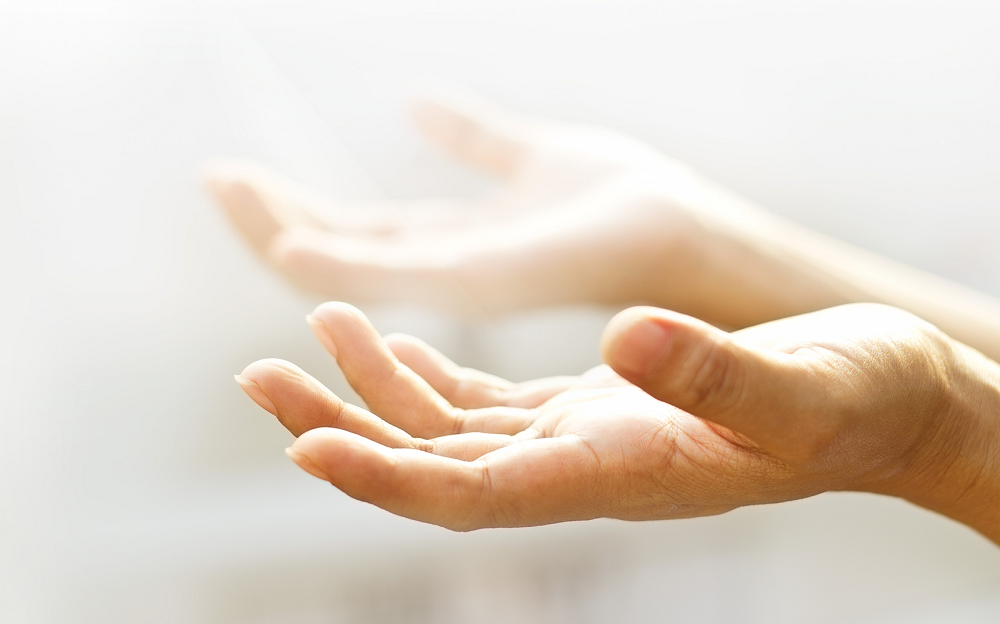
When I worked in the IT industry, I often advised my Project Managers to avoid leading with “I’m sorry” when fielding complaints from our clients. I would ask them to respond first with words of understanding and a promise to look into the issue immediately. “If after a little investigation, you discover that a problem does indeed exist and was caused by one of us,” I would say, “certainly, accept our mistake and make a sincere apology without any delay.”
Accepting our mistakes with a simple ‘mea culpa’ (‘my fault’ in Latin) has tremendous benefits. It signals to the world that we aren’t arrogant and that we will try to learn from the experience. It frees us to focus on fixing what went wrong instead of playing the ‘blame game’ or worrying about being found out. And a far greater benefit comes from the credibility we gain from such an admission. It tells others that we are not afraid to own our failures, that we aren’t insecure about who we are and what we do, that we can be trusted to speak the truth. Many years ago, quite inadvertently, one of my bosses sent out my performance rating to my peers. When I walked over to his cabin and informed him of this, he simply said, “I am very sorry. It should never have happened.” The only outcome of that meeting was that my respect for him grew immeasurably.
Why is it so hard for some of us to admit we were wrong? It could just be a habit for some who have taken the words ‘innocent until proven guilty’ to heart, and like Lord Emsworth, an unforgettable character in the novels by P. G. Wodehouse, we are great believers “in stout denial and very good at it.” We also may not accept our mistakes out of an inflated sense of superiority (“who are you to correct me?”) or a feeling that our apology will become a cudgel in the other’s hands. Yet another reason could be the stories we tell ourselves about ourselves. If I think I am infallible, any mistake I make will hurt that self-image I carry and most likely, I will not be able to acknowledge such inconvenient truths. The hardest part of admitting we were wrong is perhaps admitting we were wrong, to ourselves.
Some of us may also assume that our mistakes will be seen as unforgiveable. When we do this, I think we seriously underestimate the wisdom of others. I believe our family, friends and even clients, to quote Alexander Pope, know that “to err is human” and evaluate us more on how we handle mistakes and learn from them. As a friend told me recently, the strongest relationships are forged in times of trouble, of stress, of conflict. How we behave in what we think are the worst of times can reveal a lot about the best in us.
A very important quality especially in leadership so well written
Better to report the status quo and challenges faced, and then say sorry. Couldn’t agree more. If we all were to see each other as humans making mistakes, taking responsibility and correcting our actions, the world would be a better place. Kudos to the blogger.
Not the most comfortable topic to discuss, done very eloquently!
It is probably in our genes, that we like to defend everything rather than say “sorry” and move on, which is essential in correcting the problem and building trust and the relationship.
Excellent, Ravi.
I am reminded of the movie “Dead man walking”. Sean Penn’s character is in prison on death row for several heinous crimes he has committed. A nun, played by Susan Sarandon, befriends him, visits him many times and just a few minutes before the execution is to be carried out, makes him own his mistakes and apologize for all the wrongs he had done. And she sets him free. In a way.
Excellent article !
Enjoyed reading how very articulately you’ve penned this piece! I am totally in sync with what you’ve said and loved the last bit about going to your maker with a lighter conscience and feeling liberated( after the weight that was weighing him down).
Very well put…the veil of defence or is it refusal that we put in front of us…while we think the veil is opaque, others’ wisdom (as you’ve rightly mentioned) tears this down! Yes, admission of mistakes and learning – essential steps for leaders…
To be genuinely sorry and to apologise takes a lot of courage and character. I have tried to cultivate this in my kids and I did meet with resistance initially. There are times when the apology sounds very perfunctory. Today probably they realise the true meaning and value.